“The Lobby – USA”: Lessons for the Palestine Solidarity Movement

Though Al-Jazeera never aired “The Lobby – USA,” its undercover investigation into how Israel’s government works with US organizations to advance its agenda, last month the Electronic Intifada leaked the four-part documentary. Al-Shabaka sat down with EI co-founder and Al-Shabaka analyst Ali Abunimah to discuss the film’s implications and its lessons for the Palestine solidarity movement.
The EU and Jerusalem: The Potential for Pushback
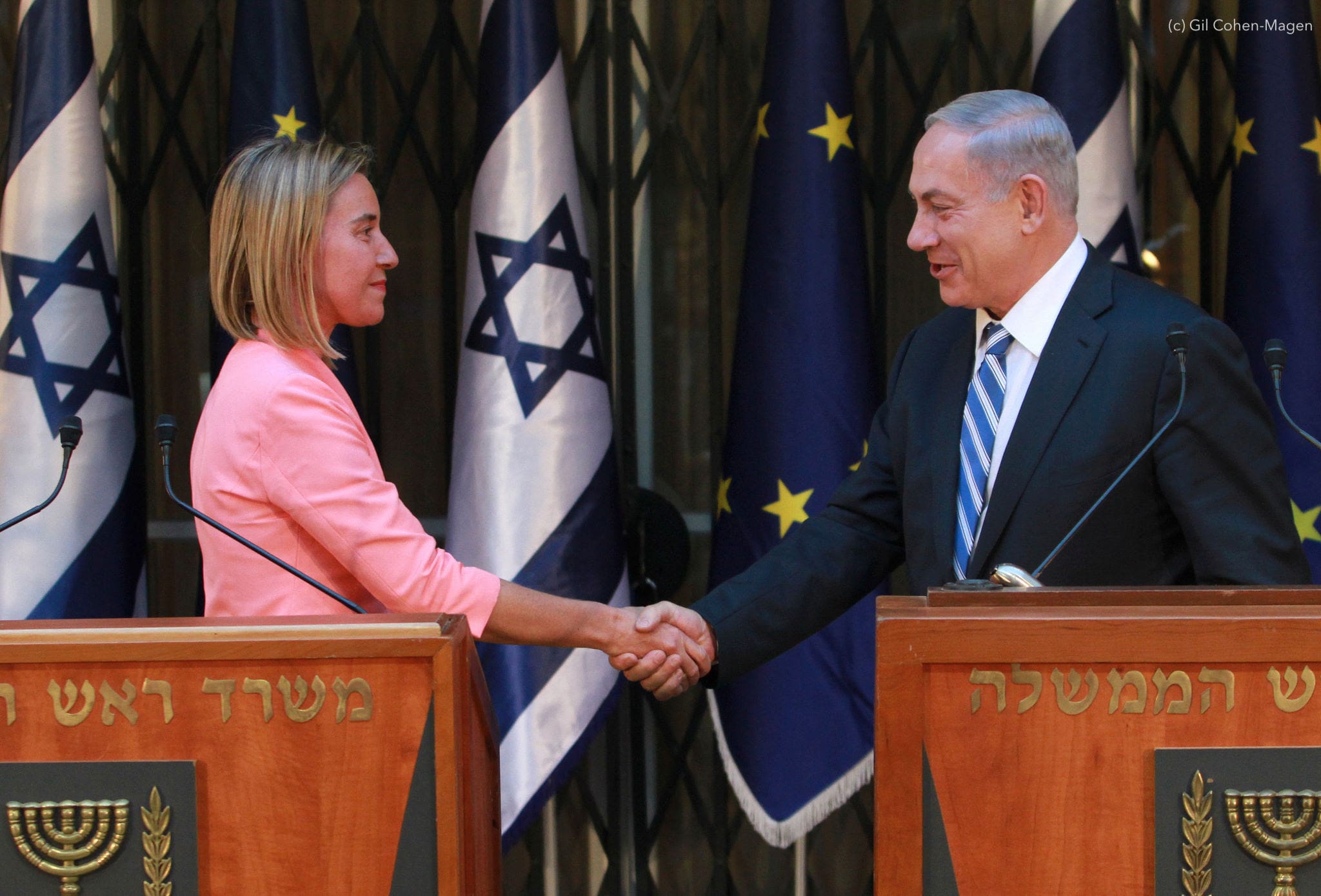
Though the EU routinely fails to transcend statements of condemnation and implement international law regarding Palestinian rights, there is potential for it to hold Israel to account. In light of the US embassy move, Al-Shabaka’s 24588 considers the status of Jerusalem and offers ways the EU can induce Israel to respect the rights of the city’s Palestinian inhabitants.
Dark Money: Palestine, Mega Donors, and the 2018 Midterm Elections
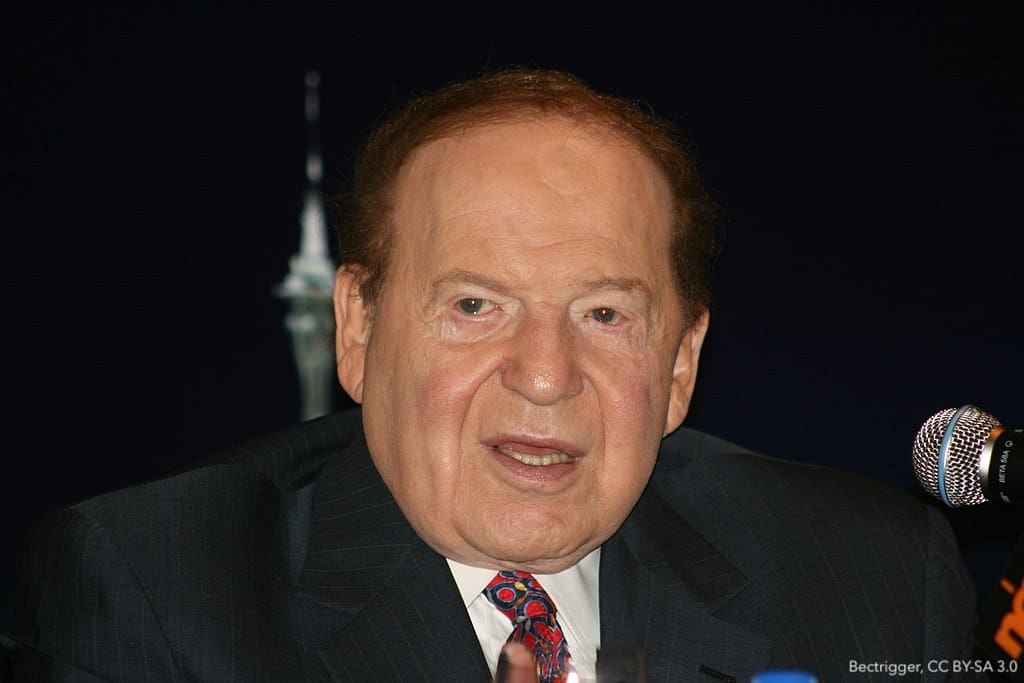
The impending US mid-term elections are expected to be the most expensive in American history, with Republicans and Democrats continuing to rely on pro-Israel mega donors like Sheldon Adelson and Haim Saban. Al-Shabaka Policy Analyst Osamah Khalil examines these donors’ outsized influence on campaigns and policy and recommends ways for Palestinian activists and allies to counter their sway.
Kushner’s Ongoing Assault on Palestinian Refugees

The US administration is waging an assault against Palestinian refugees. Al-Shabaka US Policy Fellow 24598 analyzes US cuts to UNRWA and Congressional bills that aim to reconstitute the state of Palestinian refugees to squelch Palestinian claims to sovereignty and repatriation, and suggests strategies that pro-Palestinian constituents and civil society can use to counter these acts.
The EU Must Fight the US Embassy Move to Jerusalem
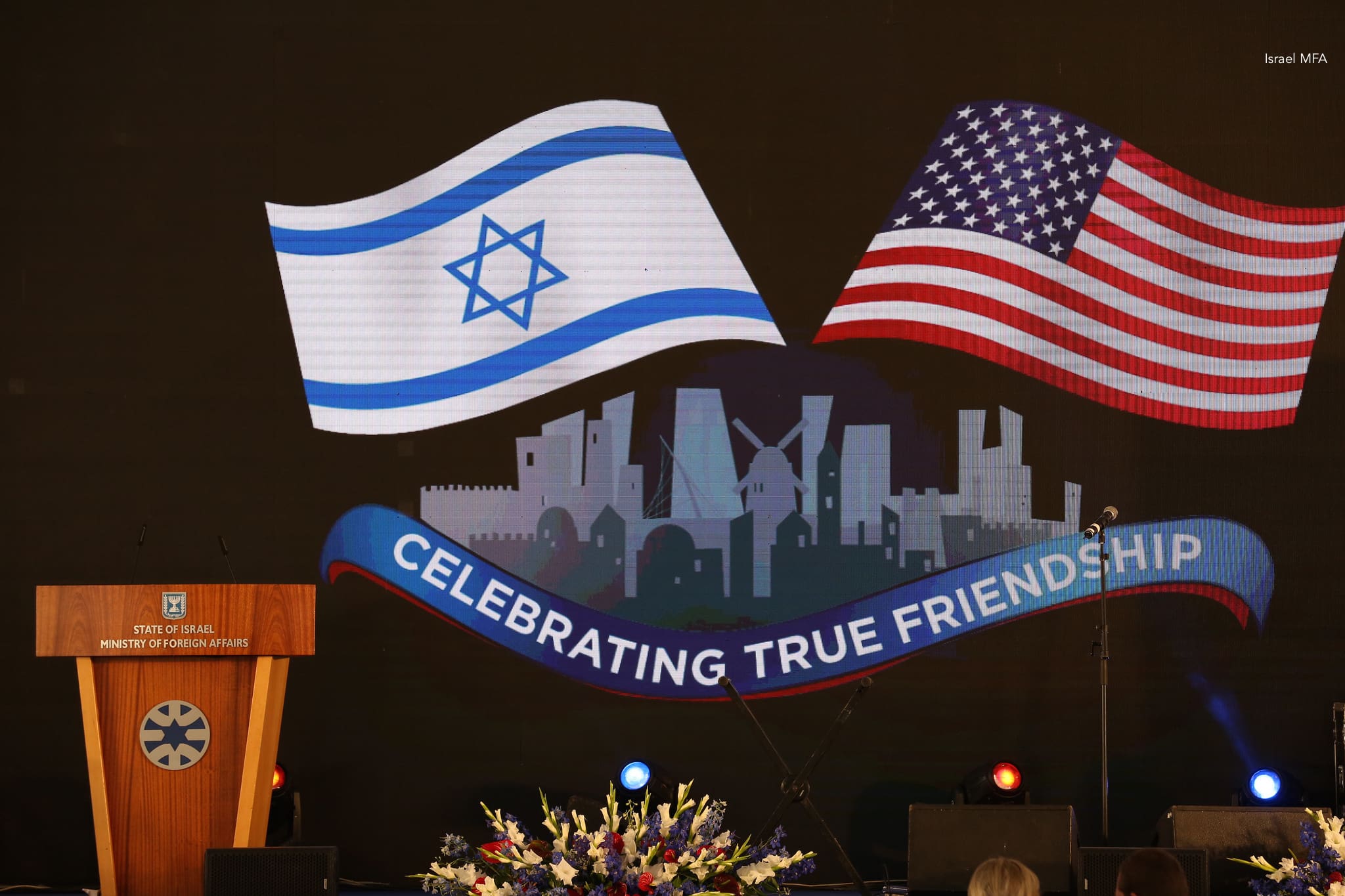
In the face of the US embassy move, Al-Shabaka Policy Fellow 24588 argues that the European Union remains one of the few spaces left to pursue Palestinian rights in the international arena. She proposes immediate steps the EU can take to uphold its commitments to Palestinians, including boycotting diplomatic meetings and functions at the new US embassy.
Abbas’s Craven Response to the US UNRWA Cuts
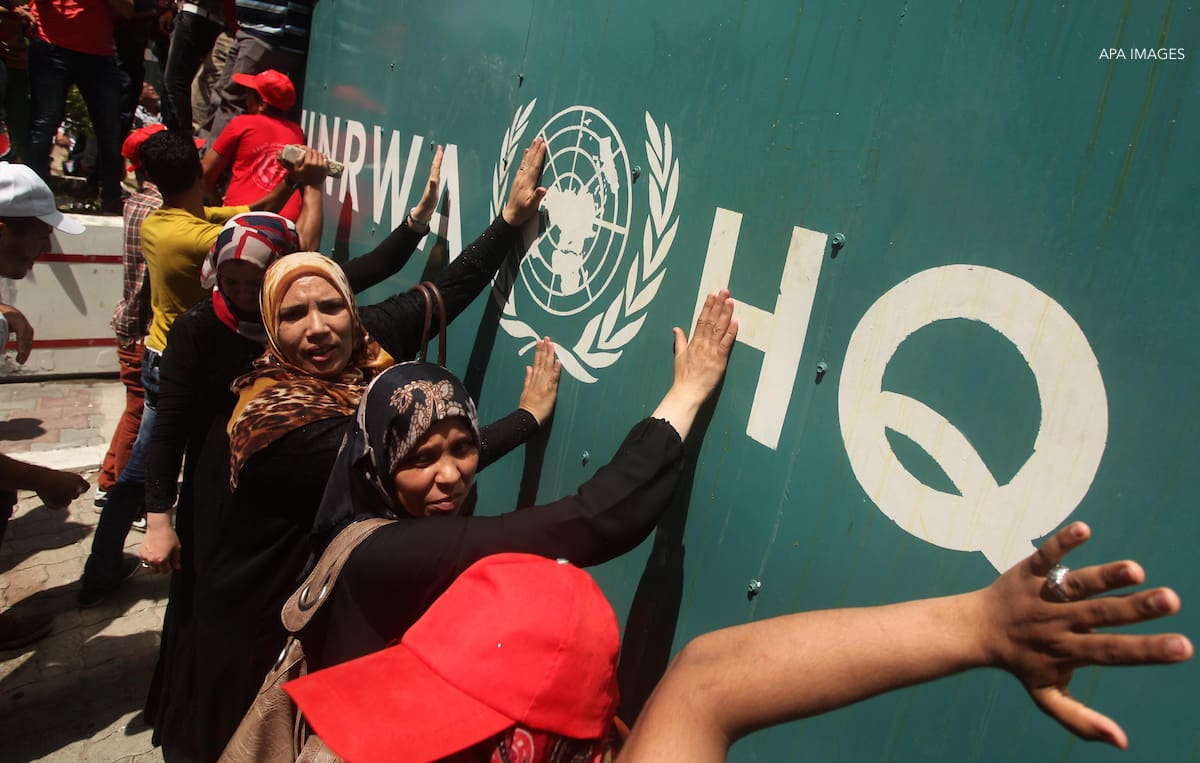
The US administration’s $65 million cut to UNRWA has placed the agency in jeopardy, prompting an international conference in Rome this week to help it meet its financial needs. Al-Shabaka Policy Analyst Randa Farah analyzes Palestinian Authority President Mahmoud Abbas’s response to the US move, and calls for Palestinian grassroots action in the face of the crisis.
US Palestine Solidarity: Reviving Original Patterns of Political Engagement
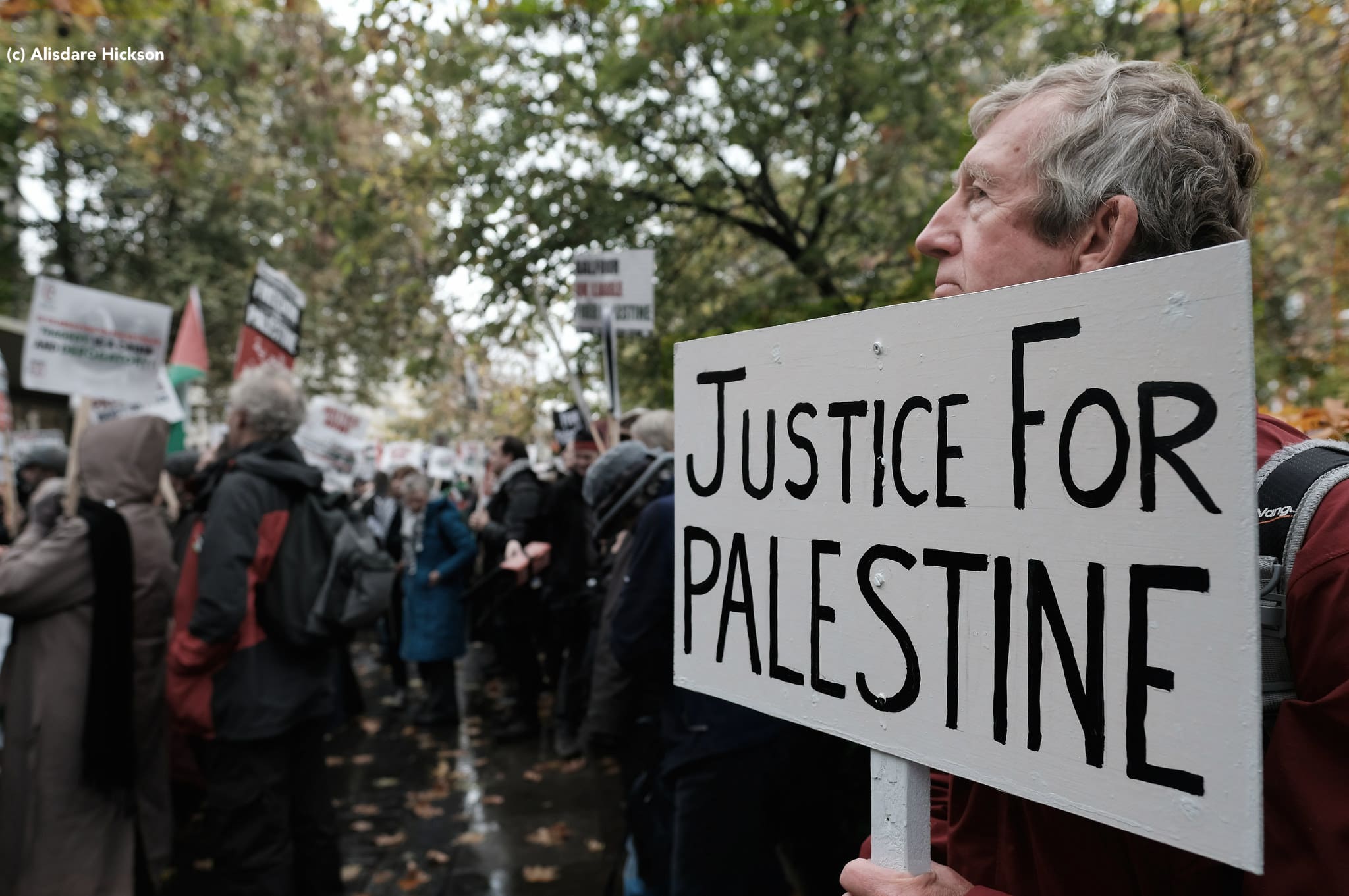
The US Palestine solidarity movement is returning to a joint struggle approach, a strategy that faded after the Oslo Accords when dominant solidarity activists focused on Palestine as a single issue. Al-Shabaka Policy Analyst Loubna Qutami traces this development, assesses its benefits and challenges, and recommends ways to strengthen organizing for Palestinians in the US.
Imposing Peace: Trump and the Palestinians
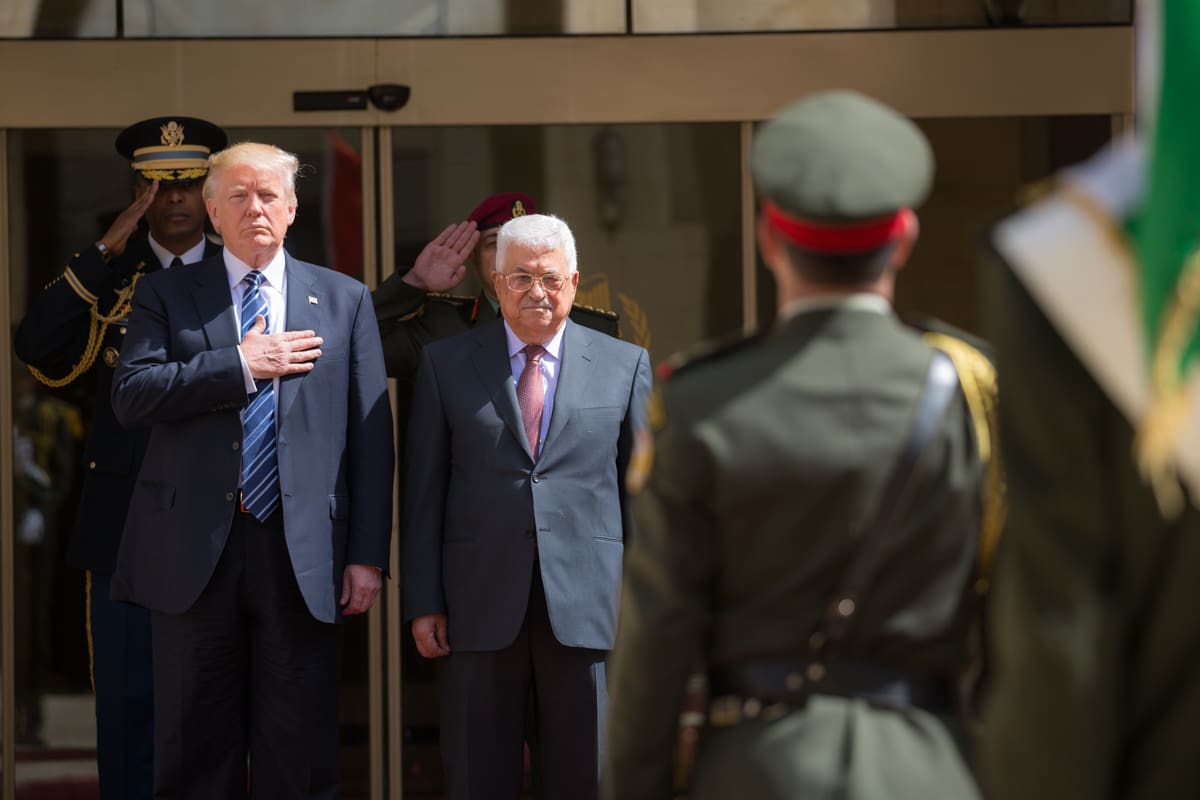
What does Trump’s recognition of Jerusalem as Israel’s capital mean for Palestine and the Palestinians? In a new commentary, Al-Shabaka Policy Analyst Osamah Khalil traces seven decades of US policy that laid the ground for this move.
China’s New Plan for Israel-Palestine
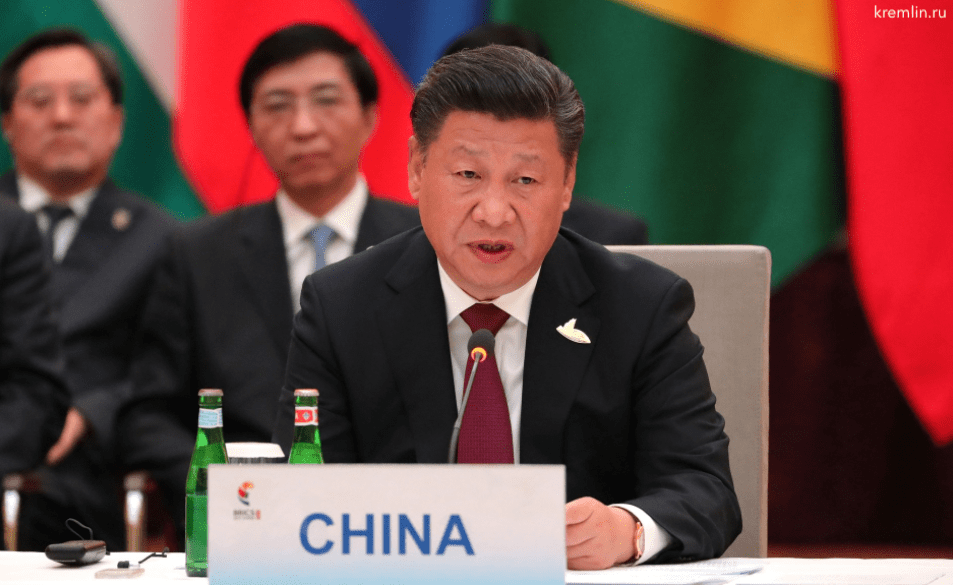
China recently proposed a new four-point plan to solve the Israeli-Palestinian conflict. Is this a major departure along a new track that challenges US hegemony and European passivity? Or is China simply pursuing its own economic interests in the guise of peacemaker? Al-Shabaka policy analyst Zaid Shuaibi weighs in.








